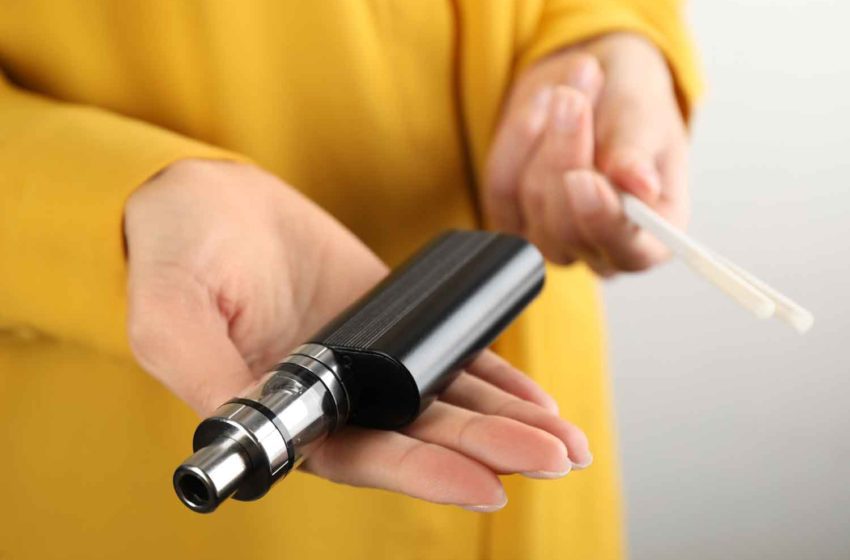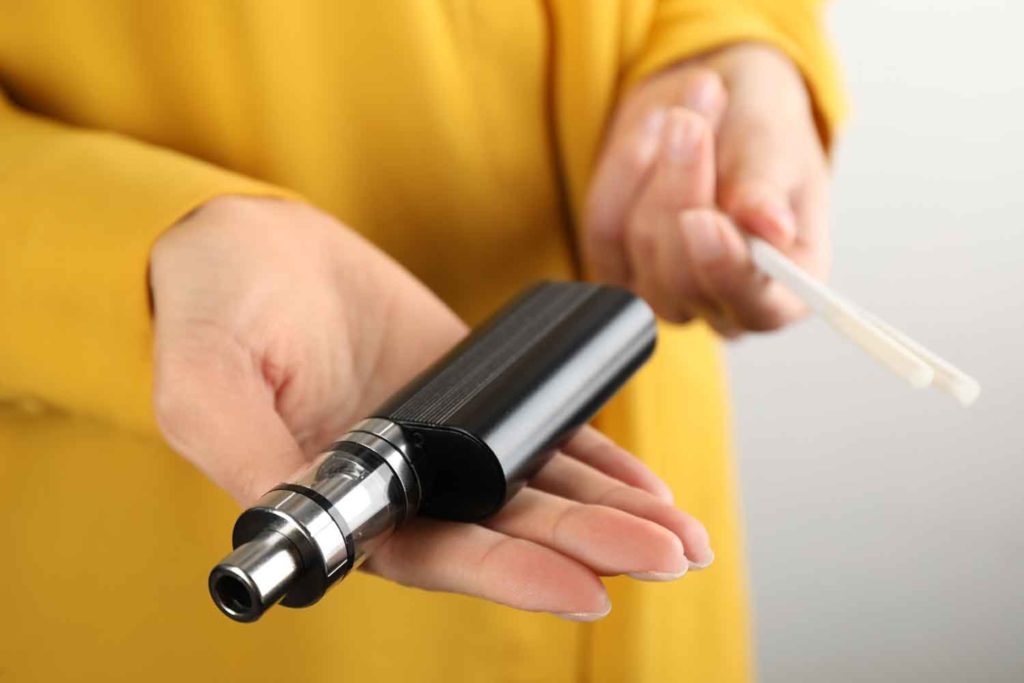
A recent study comparing lung inflammation between smokers and nonsmokers does not prove any causality between the use of e-cigarettes and lung damage, according to researchers from the Center of Excellence for the acceleration of Harm Reduction (CoEHAR) in Catania, Italy.
A recently published study by a team of American researchers compared the scans of the lungs of five electronic cigarette users, five tobacco cigarette smokers and five subjects who never smoked or vaped. Data suggested preliminary evidence that e-cigarette users had greater pulmonary inflammation than cigarette smokers and never smoke/vape controls, implying even a greater damage to health.
In a letter to the editor of The Journal of Nuclear Medicine, the CoEHAR researchers expressed their concern about the study. “The very small sample size and low reproducibility of the tests does not allow us to give a precise and scientific answer on pulmonary inflammation caused by vaping because it does not take into consideration fundamental factors, such as the prior exposure to tobacco smoking,” said CoEHAR founder Riccardo Polosa in a statement.

“The very small sample size and low reproducibility of the tests does not allow us to give a precise and scientific answer on pulmonary inflammation caused by vaping because it does not take into consideration fundamental factors, such as the prior exposure to tobacco smoking.
Riccardo Polosa, founder. CoEHAR
Because it is impossible to decouple the health impact of e-cigarette aerosol emissions from prior tobacco smoke exposure, only long-term follow-up of exclusive vapers who have never smoked can verify potential harm caused by electronic cigarettes use.
CoEHAR stresses the need to develop and adopt shared scientific research standards and a greater control of publication processes: “We often opposes poor quality designed scientific results that are published in prestigious journals without proper scrutiny: researches that only feed an unfounded anti-vape rhetoric based on preconceptions that try to dissuade smokers from making choices that are less harmful to their health,” said Polosa.






